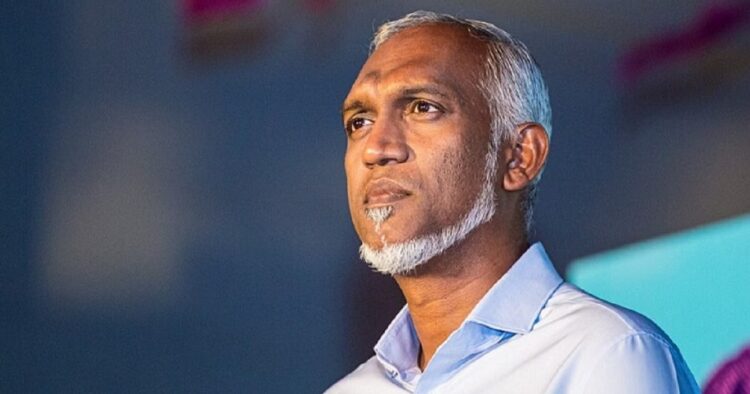In a bid to strengthen ties with China, Maldives President Mohamed Muizzu has requested increased efforts to attract Chinese tourists to his country. During his state visit to China, President Muizzu referred to China as the Maldives’ “closest” ally and praised the Belt and Road Initiative (BRI) projects initiated by Chinese President Xi Jinping in 2014. He urged China to enhance the flow of tourists to the Maldives, emphasizing the significance of the Chinese market, which was the country’s top market before the Covid-19 pandemic.
As a sign of the growing collaboration, the two nations also signed a USD 50 million project aimed at developing an integrated tourism zone in the Maldives. This move comes amid a diplomatic row triggered by derogatory remarks made by Maldivian ministers against Bharat Prime Minister Modi, leading to the suspension of three deputy ministers and strong condemnation from the Maldives Association of Tourism Industry (MATI).
President Muizzu, perceived as a pro-China leader, outlined his administration’s focus on diversifying the Maldives’ economic base and ensuring economic security. He highlighted the swift implementation of the Free Trade Agreement (FTA) signed with China in December 2014, considering it a symbol of the close commercial ties between the two countries. The FTA aims to boost bilateral trade and investments, with a specific focus on increasing the export of fish products to China.
During his address, President Muizzu sought investments from Chinese companies for 11 projects presented at the Maldives Investment Forum. These projects include the relocation of the Male Commercial Port to Thilafushi, the Velana International Airport development project, and the construction of 15 additional airports. The president expressed optimism about the potential collaboration between the two nations in these ventures.
In the midst of geopolitical complexities, President Muizzu’s efforts to strengthen ties with China underscore the evolving dynamics in the region and the Maldives’ strategic economic priorities.

















Comments